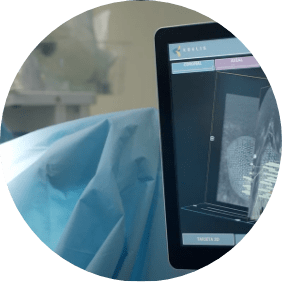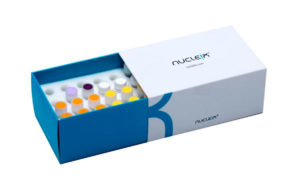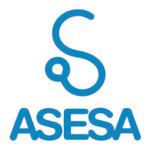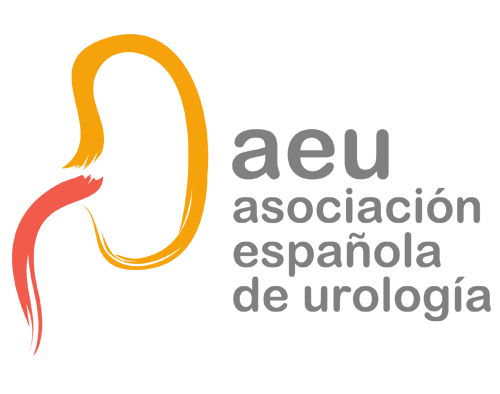Bladder EpiCheck


What is the Bladder Epicheck epigenetic kit?
Patients diagnosed with bladder cancer must undergo continuous surveillance follow-up depending on the risk of recurrence and tumor progression. This follow-up is carried out by cystoscopy, a procedure in which a medical device with a camera (similar to a catheter) is inserted through the urethra and is associated with some discomfort.
As an alternative, diswe put of a test non-invasiveive testtest: the methylation methylation test DNA methylation Bladder Epicheck®. This is a a test that is convenient for the patient, as only a urine sample is required to be submitted.
The Bladder Epicheck® epigenetic kit is based on a real-time PCR analysis of DNA present in urine obtained by spontaneous urination. This test studies a panel of 15 markers that allow the detection of DNA methylation changes specific to bladder tumors.
The most recent studies reveal a sensitivity of 92%, a specificity of 88% and a negative predictive value of 99.3% excluding Ta-LG cases (compared to 78.6% for classical urine cytology). This means that, in the presence of a negative result, the test rules out the presence of aggressive bladder tumors with more than 99% accuracy. According to published data, adding Bladder Epicheck® to the diagnostic scheme significantly increases the accuracy of detecting a high-grade bladder tumor from 72.4% to 94.9%. Furthermore, in certain patients and scenarios, this test could reduce the frequency and/or need for cystoscopy (invasive procedure) without overlooking the presence of aggressive tumors.

The results of this novel test were presented at the European Congress of Urology in 2018, and subsequently published in 2019.
At ROC Clinic we have had this test available in our Uro-Oncology Unit since shortly after its launch in Spain in 2019, being pioneers in its use. From our inception to the present, we are the Spanish group with the most experience in its use and we are at the forefront in Europe in terms of the number of patients managed with this test. In this way, we have avoided close to 500 invasive procedures in our patients, with the potential complications and discomfort of the same.
It is a convenient and non-invasive test for the patient, as only a urine sample is required, making it an affordable, accurate and objective technique.
+500
Invasive procedures avoided
We are the Spanish group with the most experience in its use.
Leading Europe in terms of the number of patients managed with this test.
Newsof ROC Clinic in Bladder EpiCheck
Research
Current management of stage T1 renal cell carcinoma in Spain: Results of a multicenter national registry.
They ask us in the Consultation
How long does it take to get the EpiCheck results?
Bladder EpiCheck urine test results are usually available within 10-15 working days.
Will I need to have cystoscopies if I have already had an EpiCheck test?
In certain patients and scenarios this test could reduce the frequency and/or need for cystoscopy.
Is the Bladder EpiCheck test reliable?
Bladder EpiCheck offers high levels of sensitivity (92%) and specificity (88%), thanks to multiplexing, a technology that allows multiple markers to be combined.
Team of the Bladder EpiCheck unit


 +34 912 627 104
+34 912 627 104 Contact
Contact







